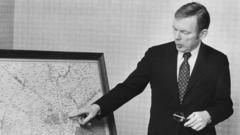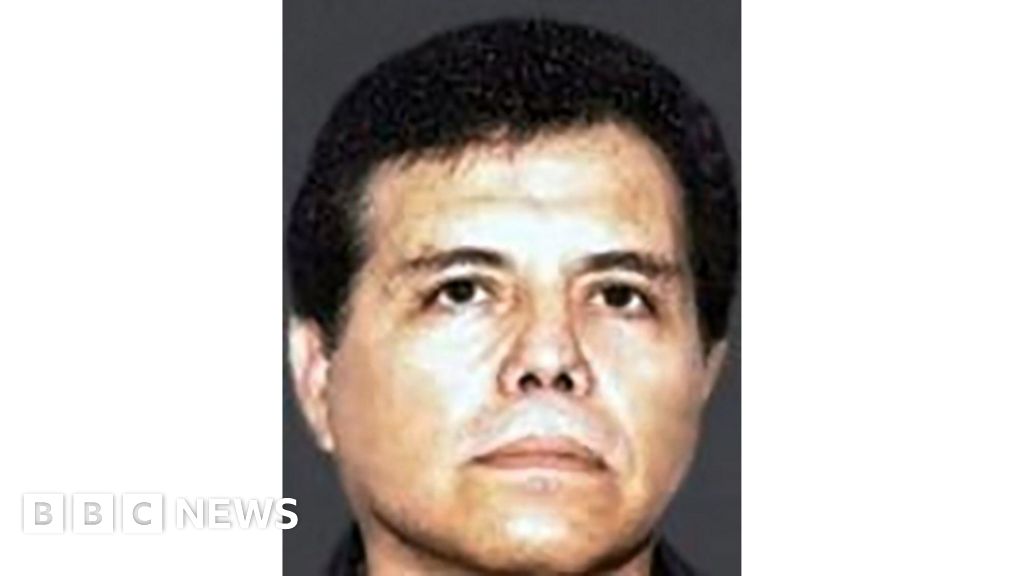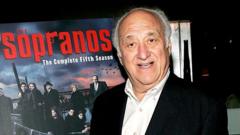Billionaire Charles Dolan, who transformed the landscape of cable television, has passed away at the age of 98. Dolan played a crucial role in bringing cable television to New York during the 1960s and 70s, initially selling special programming to hotels through his Teleguide service while cable was gaining popularity in more rural regions. In 1964, he struck a significant deal with the City of New York to wire several Manhattan buildings for cable. His strategic move to broadcast playoff games for the New York Knicks and Rangers helped attract viewers and broaden his audience.
Dolan's most notable achievement was the creation of Home Box Office (HBO), which revolutionized movie broadcasting. He later sold HBO along with his cable service to invest in Cablevision, a provider that ultimately delivered television and internet to homes in the northeastern United States. The Dolan family sold Cablevision to the European company Altice for roughly $18 billion in 2015, with Dolan's son James taking the reins of the family business shortly thereafter.
Despite his successful ventures, the Dolan family garnered a notorious reputation among New Yorkers, often described as "the family that New Yorkers often loved to hate." This sentiment stemmed from their frustrations regarding the performance of the New York Knicks and contentious negotiations over programming rights that occasionally disrupted major events like the Academy Awards and the World Series.
At the time of his death, Charles Dolan's net worth was estimated at $5.4 billion, according to Forbes, solidifying his status as one of the influential figures in the entertainment industry. His impact on cable television, coupled with the controversies surrounding his family's ownership, paints a multifaceted portrait of a man who shaped media consumption in America.





















